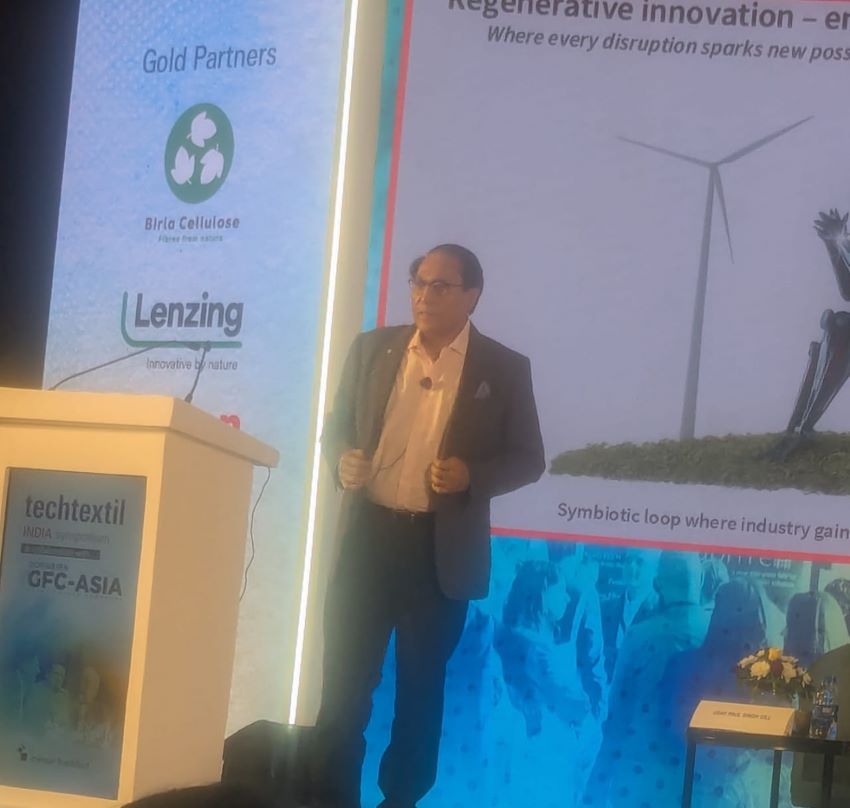Calling for a radical overhaul of the country’s taxation system, leaders attending a roundtable conference said, the apparel sector in Bangladesh continues to grapple with reduced government support, shrinking bank finance, and worsening energy crises.
Organised by The Business Standard on Sep 15, the roundtable conference cited procedural complexities as far outweighing the marginal incentives for export sector in the country. Voicing concerns about losing market share to competitors, Fazlee Shamim Ehsan, Executive President, Bangladesh Knitwear Manufacturers and Exporters Association (BKMEA),urged the ‘revolutionary’ new government to introduce business-friendly policies.
Industry leaders also demanded accountability in the financial sector, particularly concerning bad loans. Shams Mahmud, Managing Director, Shasha Denim, criticised the high bank interest rates businesses face due to mismanagement, calling for both those responsible for bad loans and the bank employees who enabled them to be brought to justice.
The event also addressed labor unrest in the apparel sector. Khandoker Rafiqul Islam, President. BGMEA, stated, recent protests in the industry were driven by outsiders rather than workersHe hoped, military and law enforcement support would help resolve the issue.
Abdullah HilRakib, Senior Vice President, BGMEA pointed out, labor leaders often focus on workers’ rights but fail to emphasise their responsibilities, questioning how workers could vandalise factories where they’ve been employed for years.
Showkat Aziz Russell, President, Bangladesh Textile Mills Association (BTMA), urged the government to prioritise restoring law and order, ensuring uninterrupted power and energy supply, and easing access to financing for industries. He also highlighted the failure of the previous government to ensure a reliable energy supply despite raising prices.
MA Jabbar, Managing Director, DBL Group, emphasized on the need for a stable business environment, improved energy supply, and greater support from the new government to achieve Bangladesh’s $100 billion export target.
Warning that power outages were damaging machinery in factories, raising long-term costs, Mahmud urged the government to plan for zero carbon emissions by 2030 to stay competitive in international markets.












